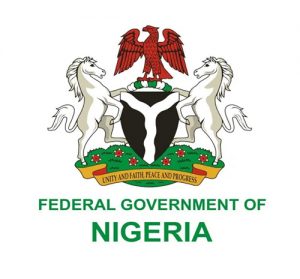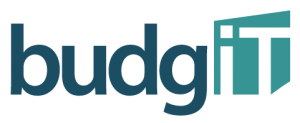Reps. call for suspension of recapitalisation of insurance coys

The House of Representatives has called for the suspension of the proposed recapitalisation of insurance companies and intermediaries in the country.
This followed a unanimous adoption of a motion by Rep. Benjamin Kalu (APC-Abia) at the plenary on Tuesday.
Kalu said that the National Insurance Commission (NAICOM) was established by the National Insurance Commission Act 1997 as the primary regulator for the insurance sector.
He said that the Insurance Act of 2003, (as amended) particularly, Section 9(1) and (4) empowers NAICOM to prescribe minimum paid up share capital for insurance companies and intermediaries.
He recalled that NAICOM had issued a circular No. NAICOM /DPR/CIR/25/2019 dated May 20, 2019 on the minimum paid-up share capital requirement for insurance and reinsurance companies.
The lawmaker said that the circular effectively increased the minimum paid up share capital for insurance and reinsurance companies.
Kalu recalled that the original deadlines were May 29, 2019 for new companies, while, June 30, 2020 was to apply to existing companies.
“The changes to the minimum paid up share capital were as follows: Life Insurance N2 billion to N8 billion, General N3 billion to N10 billion, Composite N5 billion to N18 billion and Reinsurance N10 billion to N20 billion. The deadlines to recapitalise were later shifted to December 2020.
“As a result of the COVID 19 pandemic, the deadlines were moved by NAICOM via Circular NAICOM/DPR/CIR/25-04/2020 and dated June 3.
“In the circular, NAICOM introduced a two phased recapitalisation programmes, wherein 50 per cent of the minimum paid up share capital for insurance companies must be met by December 31, 2020 and 60 per cent for reinsurance companies must be met on the same date.
“Total compliance with the total minimum capital requirement must be achieved on or before Sept. 20, 2021,” he said.
Kalu said that in addition to the negative economic impact of the COVID 19 pandemic, the Nigerian economy was just announced to be officially in a recession.
According to him, this signifies that there will be significant slowdown in economic activities and the liquidity position of both the government and businesses are seriously impacted albeit, negatively.
“In times as this, the best move by the government and regulators is to push more liquidity into the economy in a bid to stimulate economic activities, encourage spending and prevent job losses as well as support the indigenous businesses in the country.
“This is pertinent because in addition to the impact of the COVID-19 pandemic, the industry was also affected by the aftermath of the ENDSARS protests in which several insured properties were affected.
“To this effect, most of these insurance companies have tons of liabilities to settle in order to fulfil their obligations so as not to deny the rights of these affected insured persons,” he said.
Kalu said it may not be suitable at this time for NAICOM to even proceed with its planned phased recapitalisation programme because of the overall impact on the already fragile economy and the insurance sector.
The rep. said that if NAICOM was allowed to proceed with its programme as planned, it could negatively affect the economy and slow down the recovery process.
The House urged NIACOM to suspend the proposed Dec. 31, 2020 deadline for the first phase for six months from January 2021.
In his ruling, the Deputy Speaker of the House, Rep. Ahmed Wase, mandated the House Committee on Commerce to ensure compliance.









